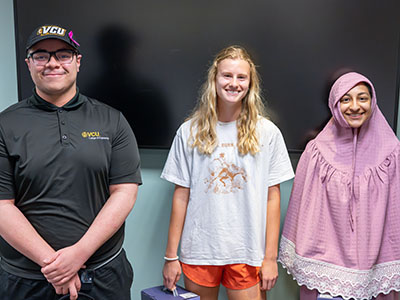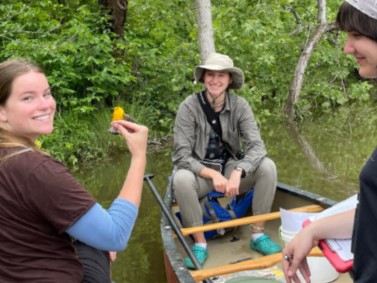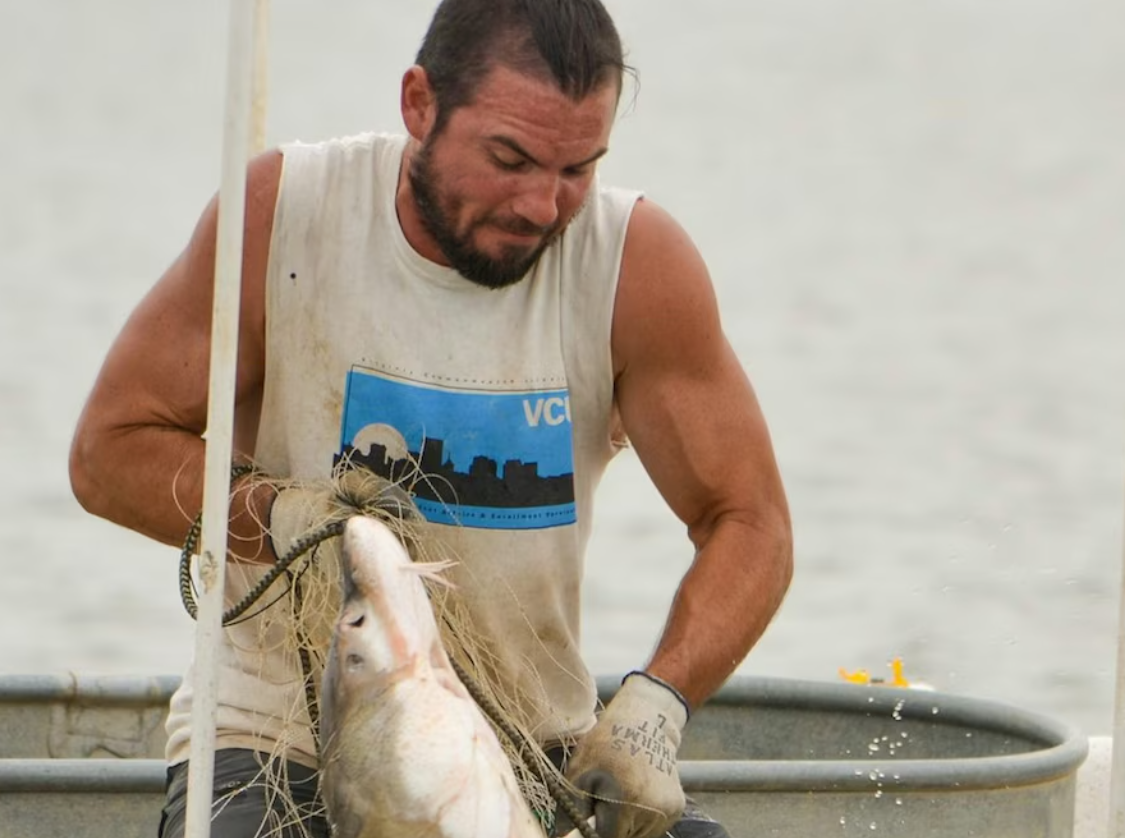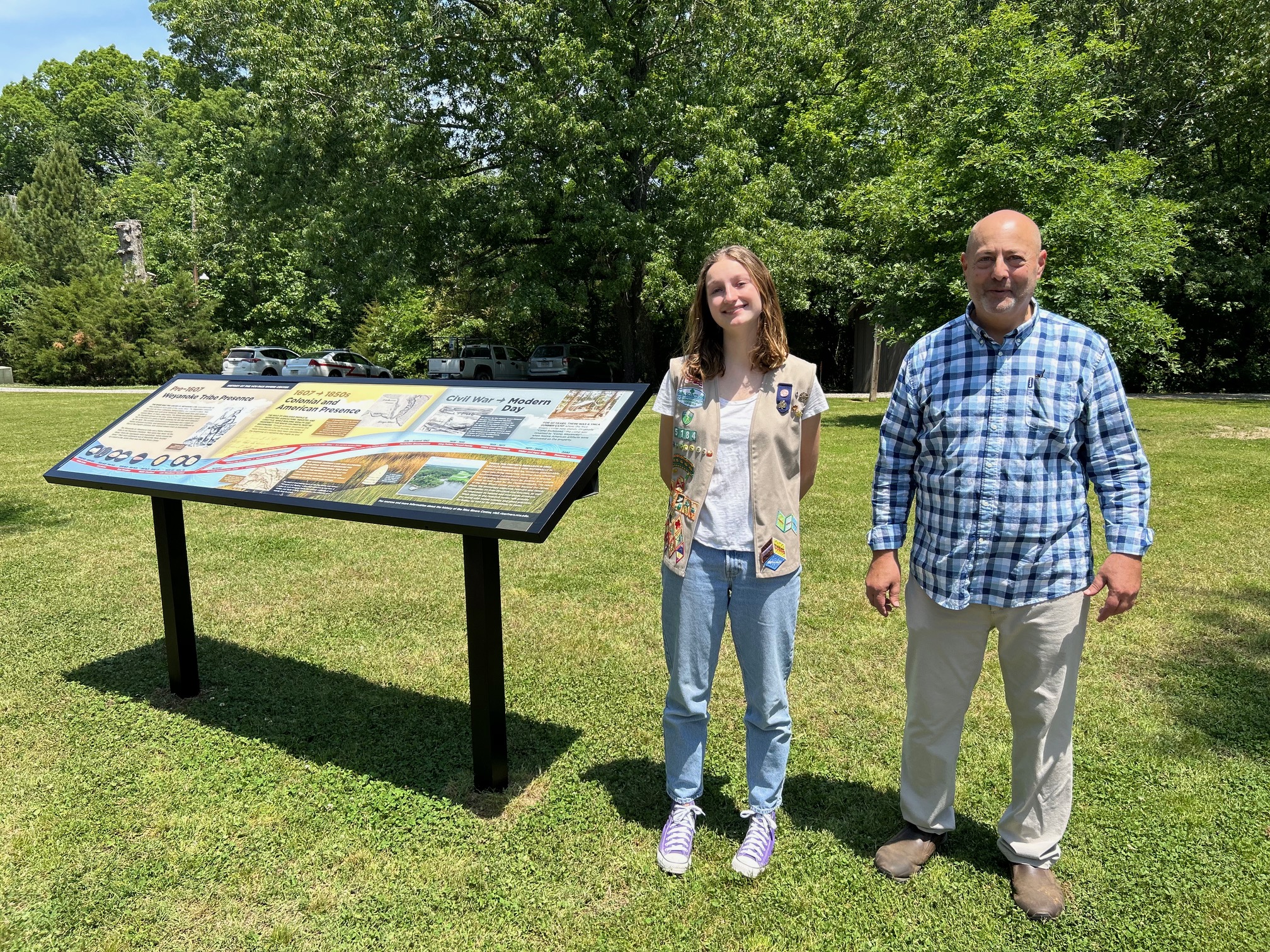News

America’s smallest falcon captures the interest and insight of undergraduate researcher Kaylynn Breland
April 15, 2025
The environmental studies student embraces field work that has taken her straight into the nest.

Dining Services has a full menu of projects focused on sustainability
April 9, 2025
From simple composting to high-tech tracking of food waste and reusable containers, VCU’s meal team is refining its operational recipe.

How I found my research: Abby Bressette seeks a richer understanding of the natural world
April 8, 2025
The environmental studies major and burgeoning birder has already participated in research projects tackling such topics as warblers, caterpillars, invasive species and coastal restoration through both VCU and the NSF.

VCU establishes School of Life Sciences and Sustainability
March 24, 2025
Emphasizing solutions-focused faculty collaboration and student learning, the new school in the College of Humanities and Sciences will combine VCU Life Sciences and the Department of Biology.
Dr. Matt Balazik is featured in The Washington Post
March 18, 2025





